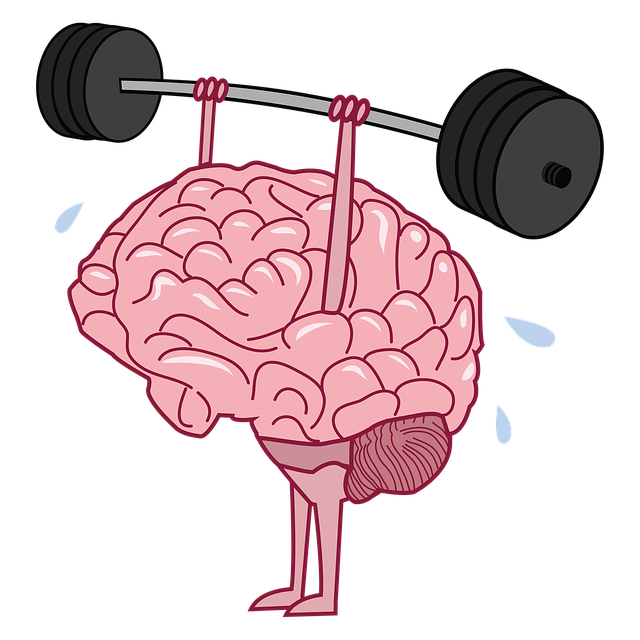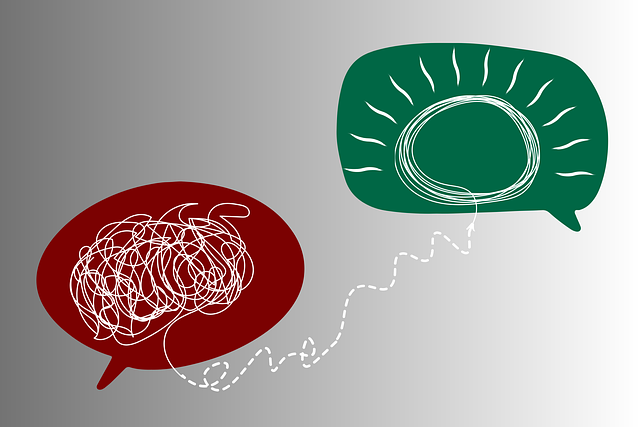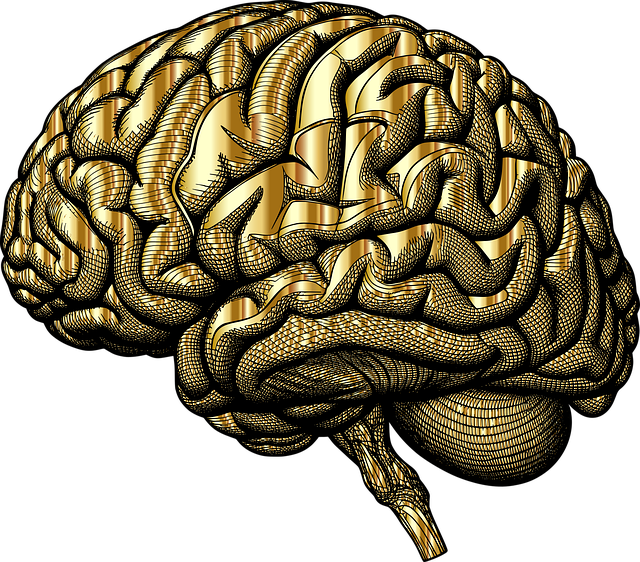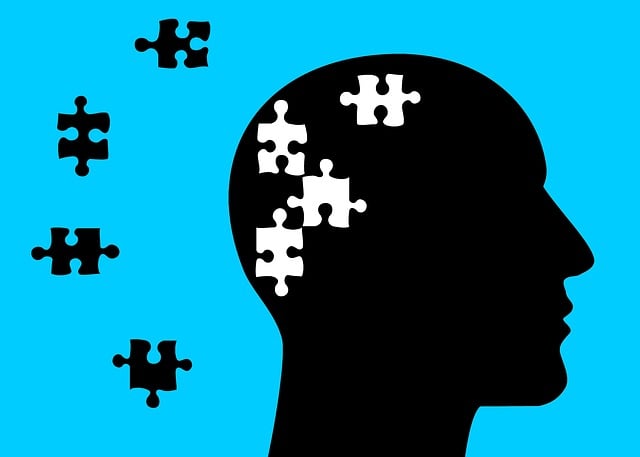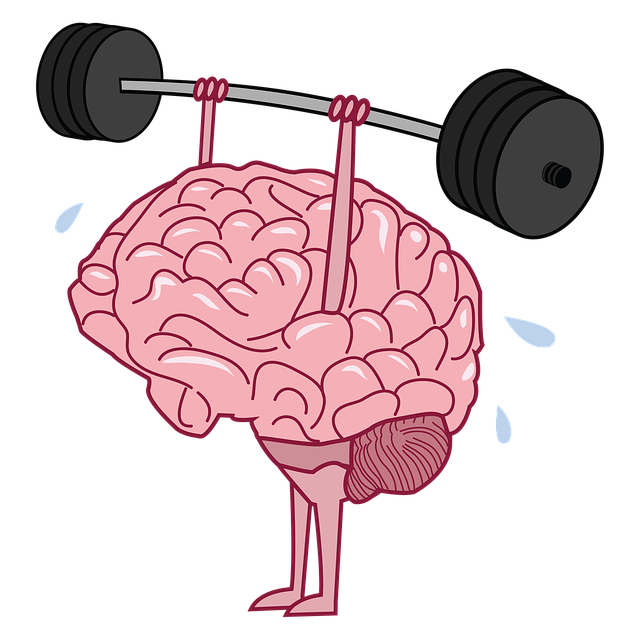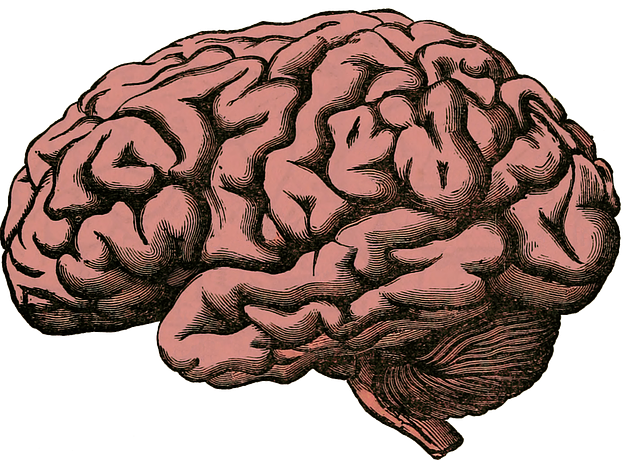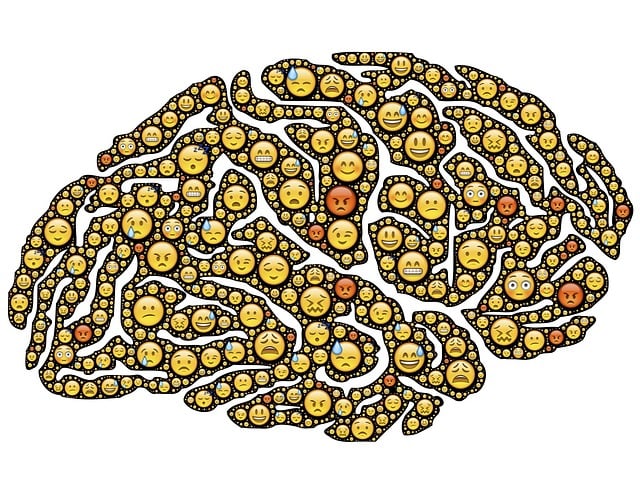Chronic pain significantly impacts mental wellness, leading to stress, burnout, and reduced quality of life. Effective therapy for chronic pain goes beyond symptom management by empowering patients with Superior Chronic Pain Therapy that incorporates coping skills, stress management techniques, and mental wellness coaching. Specialized workshops and support groups enhance resilience, reduce physical discomfort, and improve emotional well-being through holistic approaches like mindfulness and compassion cultivation practices. Tailored interventions address anxiety, stress, and the mind-body connection, fostering optimism and challenging negative thought patterns for long-term mental wellness. Measuring success through standardized assessment tools and regular check-ins ensures tailored programs that adapt to individual needs, facilitating superior chronic pain therapy alongside crisis intervention and social skills training.
Mental wellness coaching programs are emerging as a powerful tool in managing chronic pain, offering a holistic approach to superior chronic pain therapy. This article delves into the multifaceted role of coaching in addressing the profound impact of chronic pain on mental health. We explore strategies for designing effective programs, incorporating evidence-based techniques, and measuring success through assessment and progress tracking. By integrating these aspects, wellness coaching can significantly enhance chronic pain management outcomes.
- Understanding Chronic Pain and Its Impact on Mental Health
- The Role of Mental Wellness Coaching in Chronic Pain Management
- Designing Effective Coaching Programs for Chronic Pain Patients
- Incorporating Evidence-Based Techniques into Coaching Sessions
- Measuring Success: Assessment and Tracking Progress in Coaching Programs
Understanding Chronic Pain and Its Impact on Mental Health

Chronic pain is a complex condition that significantly impacts an individual’s mental wellness. It often leads to prolonged periods of distress and discomfort, affecting one’s ability to engage in daily activities and leading to increased stress levels and potential burnout. Many people struggling with chronic pain may experience anxiety, depression, or other mental health challenges as a result of their persistent physical discomfort.
The development of effective mental wellness coaching programs should include strategies tailored to address the unique needs of individuals with chronic pain. Superior Chronic Pain Therapy involves not only managing symptoms but also empowering patients with coping skills and stress management techniques. Through specialized workshops and support organizations, such as those offering Stress Management Workshops or focusing on Coping Skills Development, individuals can learn to navigate their pain and prevent burnout. These initiatives play a crucial role in enhancing mental resilience and overall well-being for those facing the challenges of chronic pain.
The Role of Mental Wellness Coaching in Chronic Pain Management

Mental wellness coaching has emerged as a powerful tool in managing chronic pain, offering a unique approach to superior chronic pain therapy. Unlike traditional medical treatments that often focus solely on symptom relief, mental wellness coaches empower individuals to develop coping strategies and enhance their overall well-being. By addressing the mind-body connection, these coaches help clients manage pain more effectively. They guide them through stress management techniques, anxiety relief practices, and mindfulness exercises tailored to their specific needs.
Incorporating mental wellness coaching into chronic pain management can significantly improve a person’s quality of life. Through one-on-one sessions or group workshops organized by Stress Management Workshops Organization, individuals learn valuable skills for navigating painful situations. This holistic approach not only reduces physical discomfort but also fosters resilience and emotional strength, enabling people to actively participate in their own healing process.
Designing Effective Coaching Programs for Chronic Pain Patients

Designing effective coaching programs for chronic pain patients requires a nuanced approach that combines superior chronic pain therapy with mental health education. These programs should not only focus on managing physical symptoms but also address the psychological aspects inherent in chronic pain conditions. By integrating mind over matter principles, coaches can empower individuals to develop coping mechanisms, enhance their resilience, and improve overall well-being.
Anxiety relief is a significant component of such programs as anxiety often co-occurs with chronic pain. Mental wellness coaching should thus aim to educate patients on the relationship between mental health and physical symptoms, teaching them strategies to manage anxiety and stress. Tailoring these interventions to individual needs ensures that each patient receives personalized support, fostering better adherence and ultimately enhancing their quality of life.
Incorporating Evidence-Based Techniques into Coaching Sessions

Incorporating evidence-based techniques is paramount when designing mental wellness coaching programs. One highly effective approach that combines with superior chronic pain therapy is Compassion Cultivation Practices (CCP). By teaching clients to cultivate empathy, self-compassion, and a non-judgmental mindset, coaches can help individuals manage their symptoms more effectively. CCP has been shown to reduce stress and anxiety, enhancing overall mental health awareness and resilience in the face of chronic pain.
Additionally, integrating practices that promote positive thinking can significantly benefit coaching sessions. This involves teaching techniques like mindfulness meditation, cognitive reframing, and gratitude exercises. These strategies empower individuals to challenge negative thought patterns, fostering a more optimistic outlook. As a result, clients can develop coping mechanisms that go beyond the physical aspect of pain management, addressing deeper emotional needs crucial for long-term mental wellness.
Measuring Success: Assessment and Tracking Progress in Coaching Programs

Measuring success in mental wellness coaching programs is paramount to ensure effective and meaningful progress for clients. Assessment plays a pivotal role in this process, as it provides a baseline for understanding each individual’s unique challenges and goals. Utilizing standardized tools and questionnaires, coaches can evaluate factors such as depression levels, anxiety relief, social skills proficiency, and overall quality of life. This data is instrumental in tailoring interventions to address specific needs.
Tracking progress involves regular check-ins that enable coaches to gauge the effectiveness of implemented strategies. By comparing assessment results over time, coaches can identify areas of improvement and pinpoint where adjustments are necessary. This continuous evaluation ensures that programs remain responsive and adaptive, facilitating superior chronic pain therapy alongside crisis intervention guidance and social skills training.
Mental wellness coaching programs offer a promising approach to enhancing chronic pain therapy. By incorporating evidence-based techniques and focusing on patient progress, these initiatives can significantly improve mental health alongside managing physical symptoms. A well-designed coaching program, tailored to individual needs, has the potential to revolutionize care, providing patients with tools for long-term well-being. This holistic strategy ensures a superior chronic pain therapy experience, fostering resilience and enhancing overall quality of life.


